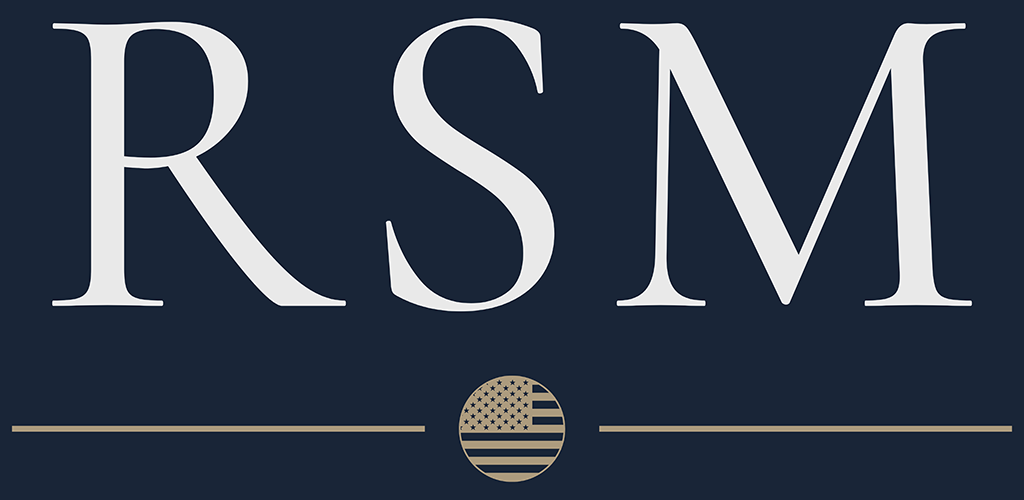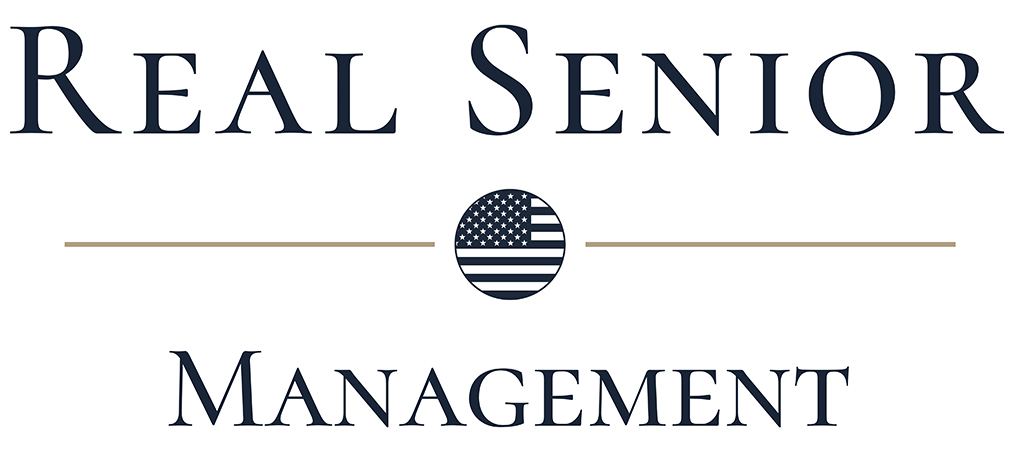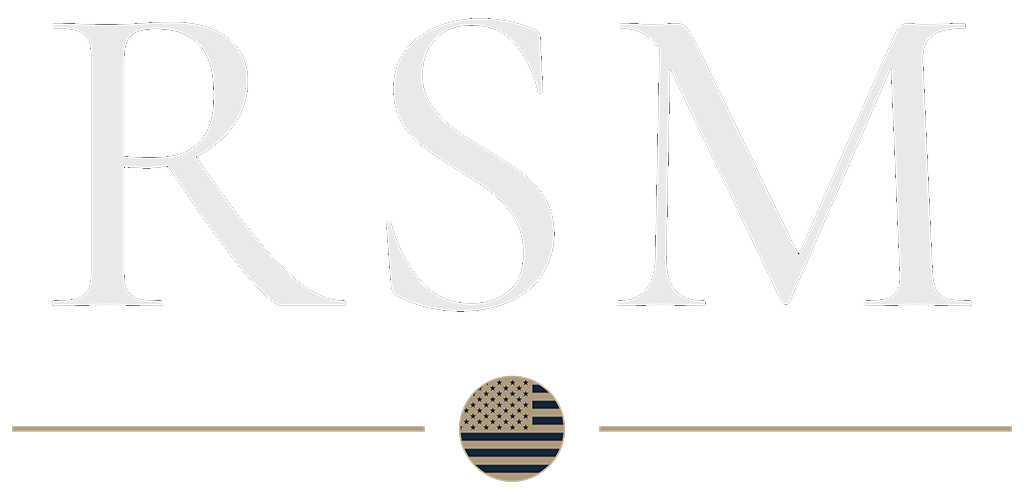Real Senior Management
Medicare Advantage
Medicare Part C (Medicare Advantage) is an alternative option to Original Medicare that provides the same coverage, with some offering additional benefits. This plan is offered by Medicare-approved private insurance companies that follow the same Medicare rules and regulations. To enroll in a Medicare Advantage plan, the applicant must be enrolled in Medicare Part A and Part B.
As an agent, it is your job to inform your clients of all the Medicare options available and help them find the best coverage that works within their budget. That’s why when it comes to Medicare Advantage plans, you need to have an understanding of these extra benefits and the plan options available so you can guide them in the right direction to get them the coverage they need.
Medicare Advantage Cost
Many Medicare Advantage policies will have a $0 premium, but the individual will still have to pay their monthly Part B premium. If they do not get premium-free Part A, they will also have to continue paying that as well.
Medicare Advantage plans also have a maximum out-of-pocket cost of $7,550 as of 2021. It’s important to explain this factor to your clients so they can have a better understanding of how these plans function. In short terms, this out-of-pocket limit makes it to where your client won’t have to pay over this amount in out-of-pocket costs.
Medicare Advantage Plans
There are numerous Medicare Advantage plans designed for different needs and requirements. Here are some of the most common Medicare Advantage Plans that are used widely across the U.S.:
• Private Fee-for-Service (PFFS) Plans: These plans will determine how much they will pay and how much the individual will pay for their medical services.
• Health Maintenance Organization (HMO) Plans: These plans are one of the most popular supplement plans. They are cheaper than other plans because they require their members to receive care within their provider networks. Members must also choose a primary care doctor from this network and get referrals when they need to see specialists.
• Preferred Provider Organization (PPO) Plans: PPO plans are another popular option. They let their members go outside the provider networks to get care and will still provide coverage. However, the members will pay more by going outside the provider network. Members in this plan also don’t have to choose a primary care doctor or get referrals.
• Special Needs Plans (SNPs): These plans are specifically tailored to meet their members’ needs. But, to get one of these plans, the member has to qualify for it. They can qualify for a SNP if they meet three criteria:
• They have Part A and Part B.
• They live in the plan’s service area.
• They meet the eligibility criteria such as having a chronic condition, living in an institution, or having both Medicare and Medicaid.
• Medicare Medical Savings Account (MSA) Plans: These plans will combine a high deductible health plan with a savings account to cover medical expenses. The member must pay the high deductible before coverage starts, but the savings account will include funds that can be used to pay on the high deductible.



